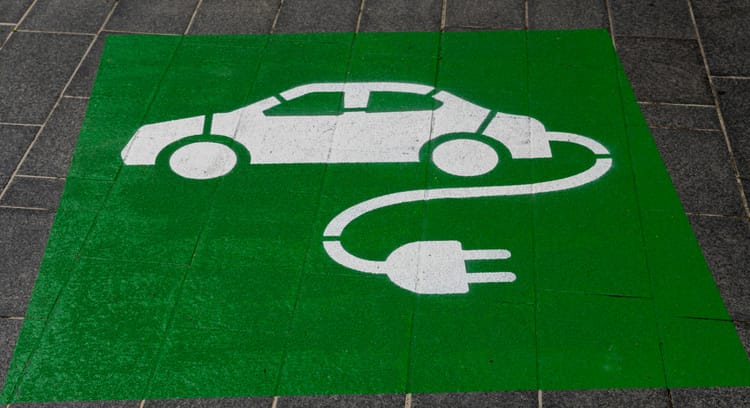Europe broke new renewable energy records in 2023

Belgium, Germany, Portugal and the UK all hit new clean energy records last year, as reduced gas supplies from Russia forced a shift towards nuclear and renewables.
When gas imports from Russia began to dry up as a result of EU sanctions in 2022, many feared that European countries would reactivate coal production to fill the gap – but coal energy supply peaked in September 2022, and Europe has doubled down on renewable energy production and consumption since.
For several countries, 2023 was the year when renewable energy consumption surpassed fossil fuels for the first time.
Read also: COP28 renewables pledge
Portugal leading the way
Portugal got 61% of its energy needs – a total of 31,2 terrawatt hours TWh – from renewables in 2023, up from 49% in 2022. Wind energy made up 25% of total consumption, hydro energy 23%, solar 7% and biomass 6%, according to grid operator REN.
This result was helped by an uptick in hydropower production driven by more abundant rainfall, after a particularly dry 2022. Meanwhile, solar energy capacity increased by 43%.
On the other hand, non-renewable electricity made up just 19% of the grid last year, a total of 10 TWh and its lowest level since 1988.
Portugal is aiming to meet 85% of its annual electricity needs through renewables by 2030.
Germany: Record solar capacity
Germany too got the majority of its electricity consumption from renewable sources in 2023, at 52%. This was led primarily by record residential solar installations of 7 GW – up 135% year on year. Overall, 14 GW of photovoltaic power systems were installed last year, up 85%.
Wind tenders also reached a record at 6.4 GW, but this was lower than the government's target of 10 GW of new onshore capacity annually by 2030.
“Despite all the records and good initiatives, we have not yet succeeded in achieving the very ambitious goals. On the one hand, this is because new laws are not yet fully effective, and on the other hand, because important laws are still missing,” said Bärbel Heidebroek, President of the national wind energy association BWE, referring to upcoming laws to reduce red tape for wind project approvals.
UK: Record low consumption of fossil fuels
In the UK, electricity generated from fossil fuels dropped sharply by 22% last year, reaching a record low of 104 TWh. According to Carbon Brief, fossil fuels made up just 33% of total UK electricity supply in 2023, their lowest ever share. Gas represented 31% of the total, coal just over 1% (with a 97% decrease in production) and oil just below 1%. On the other hand, renewable sources made up 43% of consumption and nuclear 13%, bringing the low-carbon ratio of the energy mix to 56%.
Interestingly, this was the result not just of the rapid increase in renewable energy capacity, but also of a 21% drop in electricity demand since 2008, suggesting significant energy efficiency improvements in the country.
Belgium: More renewables than fossil fuels for the first time
Finally in Belgium, renewable sources reportedly accounted for 23,460 gigawatt hours of electricity or more than 30% of the energy mix last year. This means that more electricity came from renewables than from fossil fuels for the first time in the country’s history, since fossil fuels made up 22,150 GWh of consumption – just over 28%.
Nuclear energy made up the rest of the energy mix, so about 42%.







Member discussion